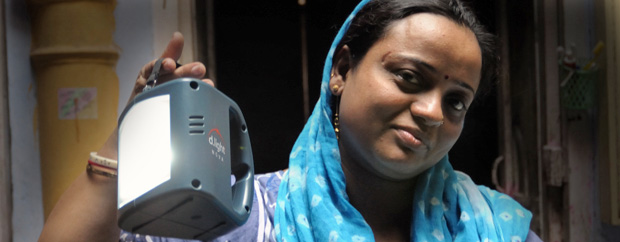
September 2015 - A successful achievement of keeping global warming below 2°C must be accompanied by development that ensures sustainable economies, healthy environments and sustainable societies. Sustainable development (SD) for a world that can be enjoyed by all is therefore a crucial component of a successful fight against climate change.
With the prospect of a new climate protection agreement at the end of 2015, some developing countries have already started to prepare and develop their climate policies. Benefits of Sustainable development in the Clean Development Mechanism (CDM) and new market mechanisms indeed may have the potential to meet the needs of developing countries both in terms of Sustainable development and mitigation measures. For this purpose, the CDM Sustainable development Tool offers initial steps towards a globally applicable standard under an international UN institution.
However, the Sustainable development tool in its current form faces a number of weaknesses that limit its usefulness for meaningful assessment of the impacts on Sustainable development a CDM project may have. Against this background, the German Environment Agency (UBA) tasked the Wuppertal Institute and UNEP DTU Partnership (formerly UNEP Risoe Center) with conducting the research project „Evaluation and development of recommendations on the CDM Executive Board’s Sustainable development tool including the sustainability requirements of other flexible mechanisms“.
The first work package of this project covered the assessment and comparison of the SD provisions of selected flexible mechanisms and multilateral standards. The second work package consisted of a literature review and interviews with selected host country governments, project developers and a buyer perspective on the usability of the EB’s SD tool.
In the paper at hand (work package 3), the project team recalls and synthesizes findings of the previous two work packages. It develops structured recommendations for further developing the SD tool, divided into more easily implementable amendments, and those that would transform the SD tool into a sound assessment system for assessing SD effects.
As a final step, we provide an outlook on possibilities to feed in experiences and recommendations to further develop the tool on the way to a globally harmonized, flexible assessment of mitigation actions for Sustainable development.
Cookie Settings
Marketing-Cookies werden von Drittanbietern oder Publishern verwendet, um personalisierte Werbung anzuzeigen. Sie tun dies, indem sie Besucher über Websites hinweg verfolgen.
Provider:
Statistik Cookies
Statistik-Cookies dienen der Analyse und helfen uns dabei zu verstehen, wie Besucher mit unserer Website interagieren, indem Informationen anonymisiert gesammelt werden. Auf Basis dieser Informationen können wir unsere Website für Sie weiter verbessern und optimieren.
Provider:
Erforderliche Cookies
Erforderliche Cookies sind für den reibungslosen Betrieb der Website zuständig, indem sie Kernfunktionalitäten ermöglichen, ohne die unsere Website nicht richtig funktioniert. Diese Cookies können nur über Ihre Browser-Einstellungen deaktiviert werden.
Provider: